Indigenous Governance Database
legitimacy
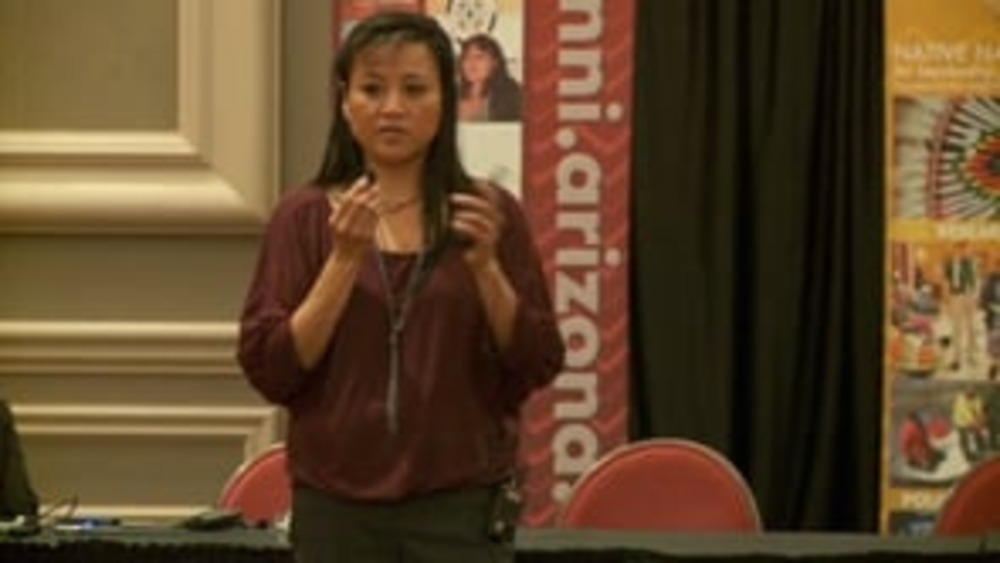
Jennifer Porter: The Kootenai Tribe: Strengthening the People's Voice in Government Through Constitutional Change
Jennifer Porter, former chairwoman and current vice-chairwoman of the Kootenai Tribe of Idaho, discusses how her nation moved to amend it constitution to change its basis of political representation, how the U.S. Secretary of Interior and the Bureau of Indian Affairs (BIA) tried to block the move,…
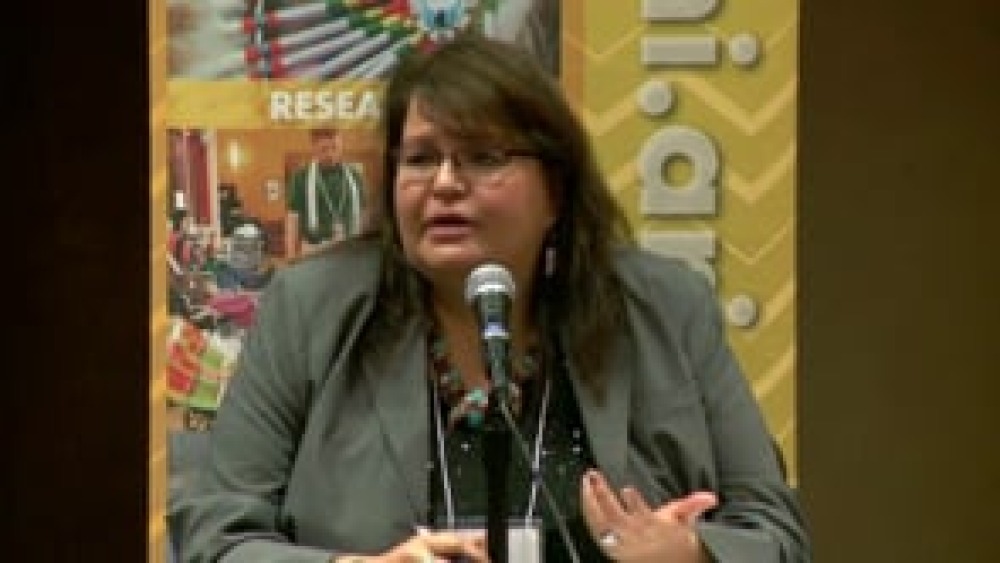
Eldena Bear Don't Walk: So What's So Important about Tribal Courts?
Eldena Bear Don't Walk, Chief Justice of the Confederated Salish and Kootenai Tribes, discusses some of the things that tribal justice systems need to have in place in order to be effective, and how important it is for Native nation governments and citizens to respect and support the decisions…
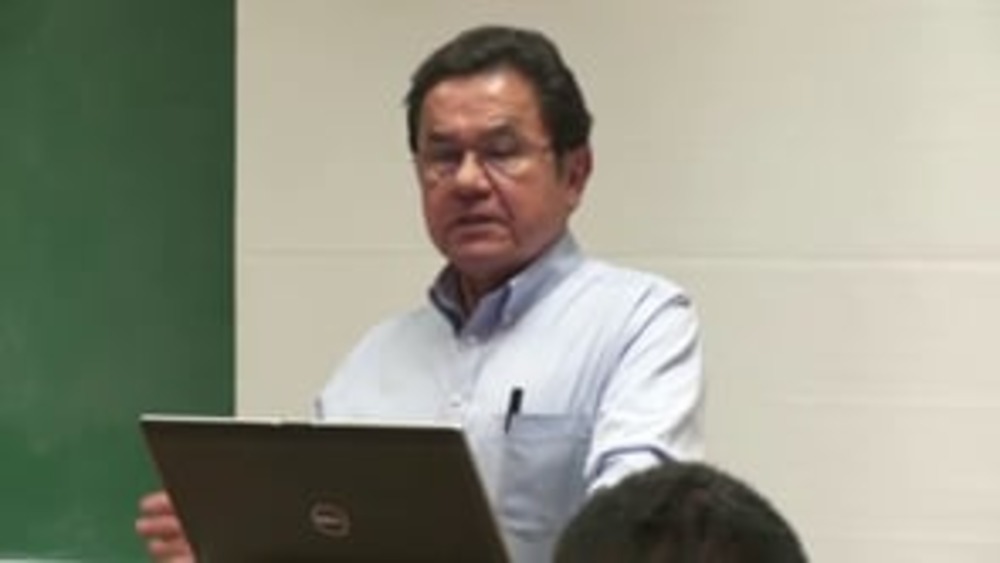
John Petoskey: The Central Role of Justice Systems in Native Nation Building
John Petoskey, citizen and longtime general counsel of the Grand Traverse Band of Ottawa and Chippewa Indians (GTB), discusses the key role that justice systems play in Native nation building, and provides an overview of how GTB's distinct history led it to develop a new constitution and system of…
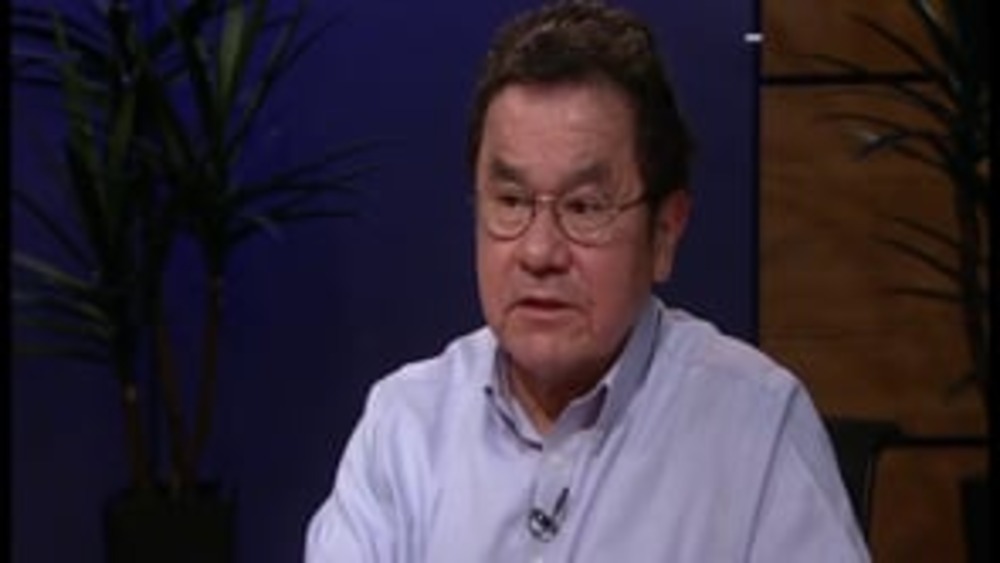
NNI Indigenous Leadership Fellow: John Petoskey (Part 1)
In the first of two interviews conducted in conjunction with his tenure as NNI Indigenous Leadership Fellow, John Petoskey, citizen and long-time General Counsel of the Grand Traverse Band of Ottawa and Chippewa Indians (GTB), discusses how GTB has worked and continues to work to build and maintain…
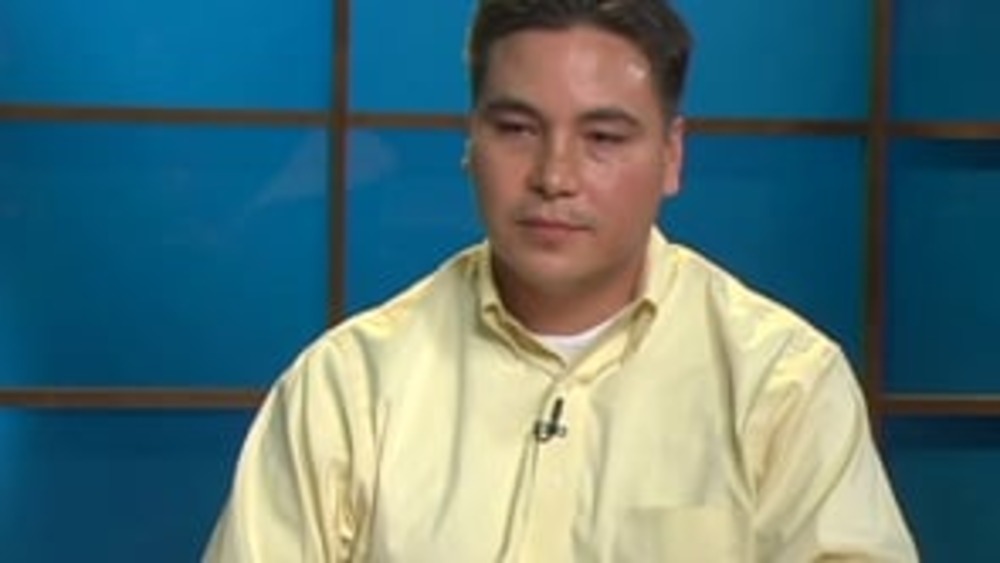
Donald "Del" Laverdure: Nation Rebuilding through Constitutional Reform at Crow
In this in-depth interview with NNI's Ian Record, Donald “Del” Laverdure, a citizen of the Apsáalooke Nation (Crow Tribe) and former Chief Justice of the Crow Tribe Court of Appeals, discusses his nation's monumental effort to discard a constitution and system of governance that were not…
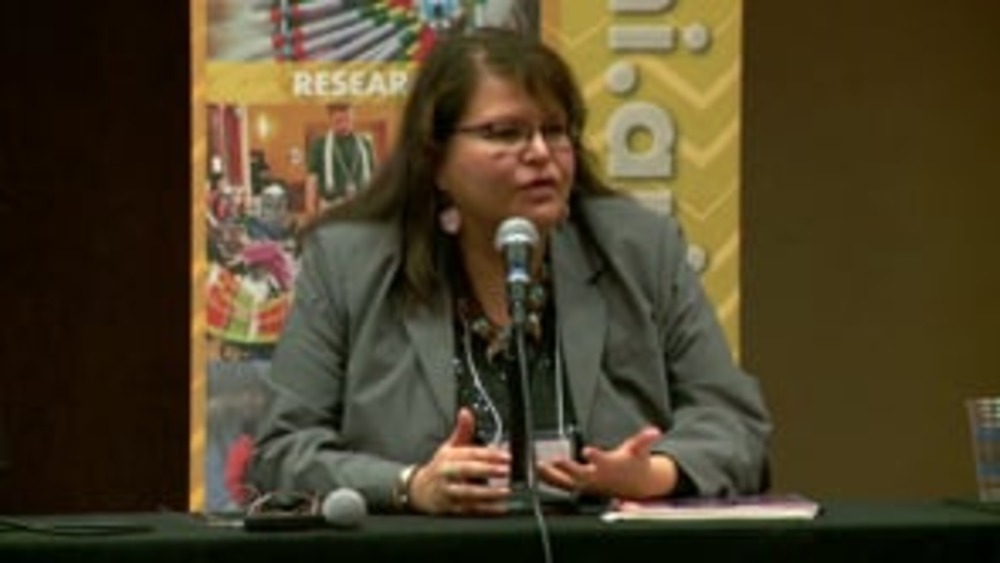
Eldena Bear Don't Walk and Rae Nell Vaughn: So What's So Important About Tribal Courts? (Q&A)
In this short session, panelists Eldena Bear Don't Walk and Rae Nell Vaughn delve into further detail about the importance of tribal justice systems receiving adequate funding in order to administer justice effectively. Robert Yazzie, former Chief Justice of the Navajo Nation Supreme Court, also…
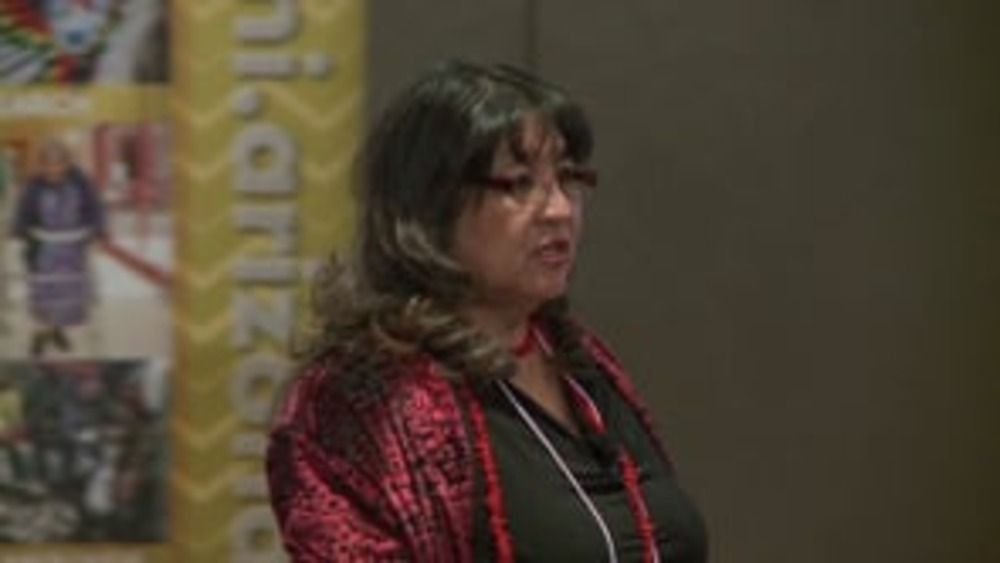
Joan Timeche: The Two Tests a Constitution Must Pass (Presentation Highlight)
In this highlight from the presentation "The Diversity of Governing Systems and Constitutions in Indian Country," NNI's Joan Timeche explains the two tests (cultural legitimacy and effectiveness) that Native nation constitutions must pass if they are going to prove capable of achieving their…
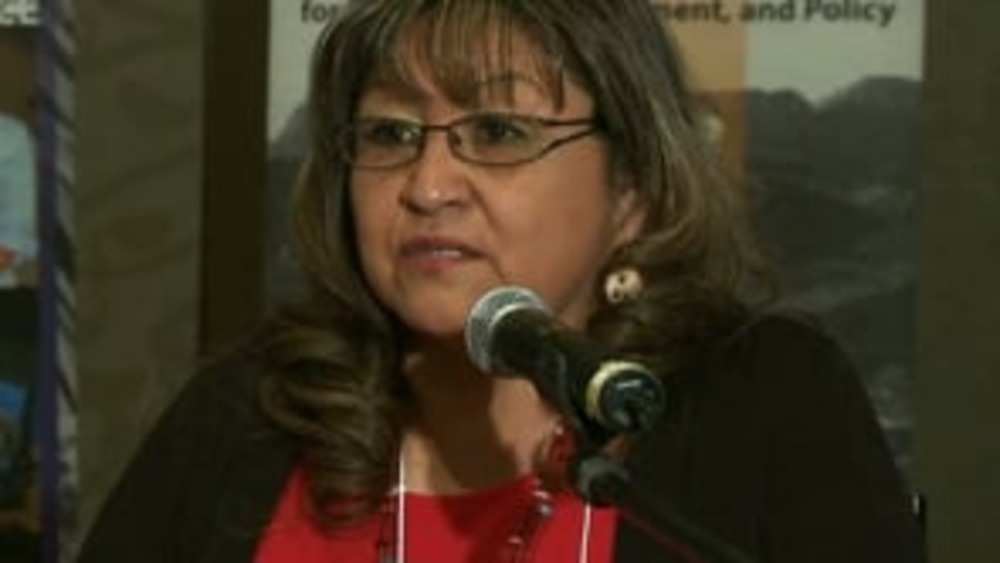
From the Rebuilding Native Nations Course Series: "The First Key to Effective Constitutions: Legitimacy"
Frank Ettawageshik, Joan Timeche and Frank Pommersheim discuss the importance of constitutional legitimacy to effective Native nation governance, and stress that the source of that legitimacy is the very people a constitution is designed to serve.
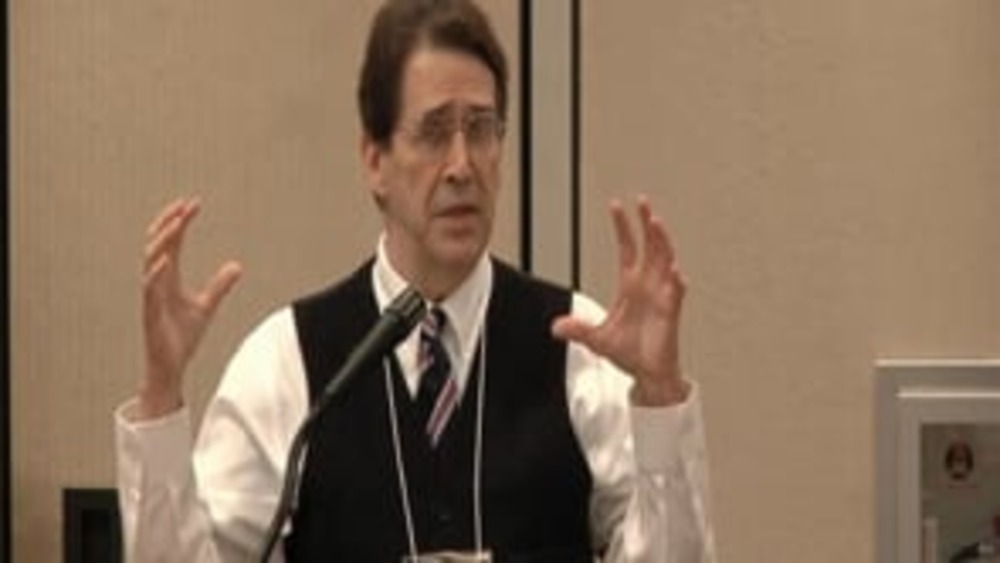
Frank Pommersheim: Constitutions: Powers, Implementation, and Interpretation
University of South Dakota Professor of Law Frank Pommersheim discusses the fundamental difference between a plenary power constitution and a reserved or enumerated powers constitution, and recommends that Native nations think very carefully about constitutional implementation and…
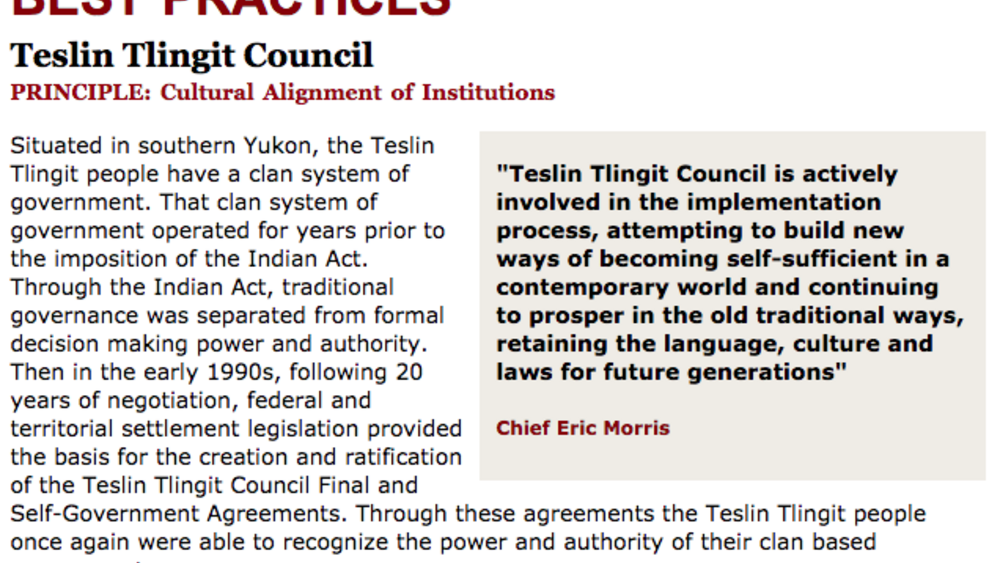
Best Practices Case Study (Cultural Alignment of Institutions): Teslin Tlingit Council
Situated in southern Yukon, the Teslin Tlingit people have a clan system of government. That clan system of government operated for years prior to the imposition of the Indian Act. Through the Indian Act, traditional governance was separated from formal decision-making power and authority. Then in…
